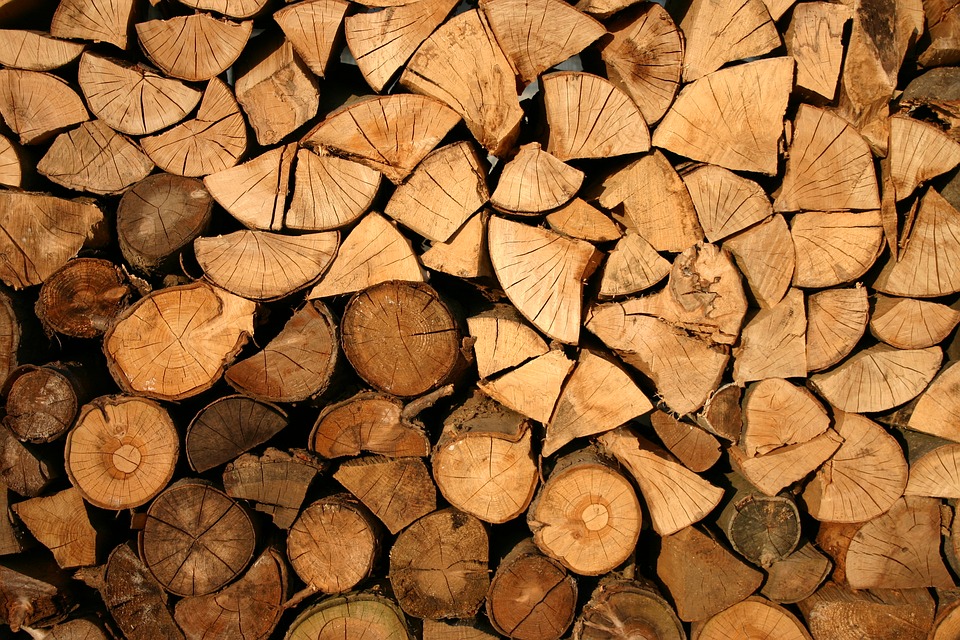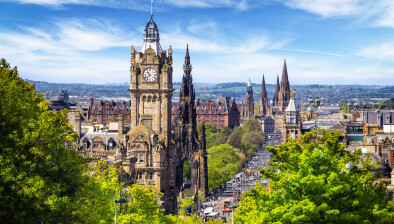Illegally sourced Russian timber linked to construction of UK homes

Russian timber is entering the UK housing market despite sanctions, with experts warning that sophisticated smuggling methods are disguising its true origin.
Australian supply-chain forensics company Source Certain has analysed more than 3,000 wood samples from the British construction sector. Its tests, which identify timber by analysing unique atomic “fingerprints” created by growing conditions, revealed that over 10% of the samples were not what suppliers claimed. Of those with a false origin, three-quarters were traced back to Russia.
Founder Cameron Scadding explained that each region leaves a distinct isotopic signature in its timber. “It’s like an intrinsic bar code,” he told The Times. “What’s imprinted is a direct reflection of where it’s grown.”
Since Russia’s invasion of Ukraine in 2022, imports of Russian and Belarusian wood products have been banned in the UK and across Europe. But investigators say this has fuelled a black market, with timber relabelled as coming from Estonia and other Baltic states. Because Russian timber plantations are state-owned, smuggling revenues are believed to be contributing directly to the Kremlin’s war effort.
In February, the NGO Earthsight reported that nearly £1.5 billion worth of Russian wood had been laundered into Europe since the sanctions took effect. Source Certain’s findings suggest that some of this material has already made its way into British homes.
Mr Scadding said the deception is hard to spot, even for major importers: “Either [timber importers] actively know this and are ignoring it, or they just don’t know.
He declined to name the companies whose supply chains were tested, noting that many had sought Source Certain’s help to address the problem.
Divya Seshamani, managing partner at Greensphere Capital, which backs Source Certain, said the issue affects the entire construction sector: “It’s so pervasive in our supply chain that it’s every builder. They’re all implicated.”
She also warned that the illegal imports are undermining British foresters, who face strict regulations and higher costs to ensure sustainability: “If you’re a forester in Wales, you just can’t keep up with the prices of some of the imports, because you’re doing everything by the book, and you’re competing against imports that are not doing anything by the book.”
A spokesperson for the Department for Environment, Food & Rural Affairs (Defra) said the government takes sanctions enforcement “very seriously” and stressed that the ban is intended to deprive Russia of funding for its “illegal war.”
For Earthsight’s Tara Ganesh, the revelations come as little surprise: “In our own work we’ve seen that launderers of Russian wood are regularly offering deliberately misdeclared harvest origins with timber shipments to get around laws,” Ganesh said. “Authorities urgently need to ramp up enforcement and close policy loopholes to put an end to illegal imports. Not doing so isn’t just helping line the pockets of bad actors, it’s undercutting legitimate businesses.”
Source Certain’s forensic techniques are already being applied beyond timber. The company has identified supermarket tomatoes mislabelled as Italian but likely sourced from farms in China’s Xinjiang region using forced labour, lab-grown diamonds sold as natural, and seafood from Australian protected waters passed off as “sustainable.”
Scadding said advances in AI are making these supply-chain investigations faster and more precise: “If people want the lights shone on these supply chains, we absolutely can do it.”

















